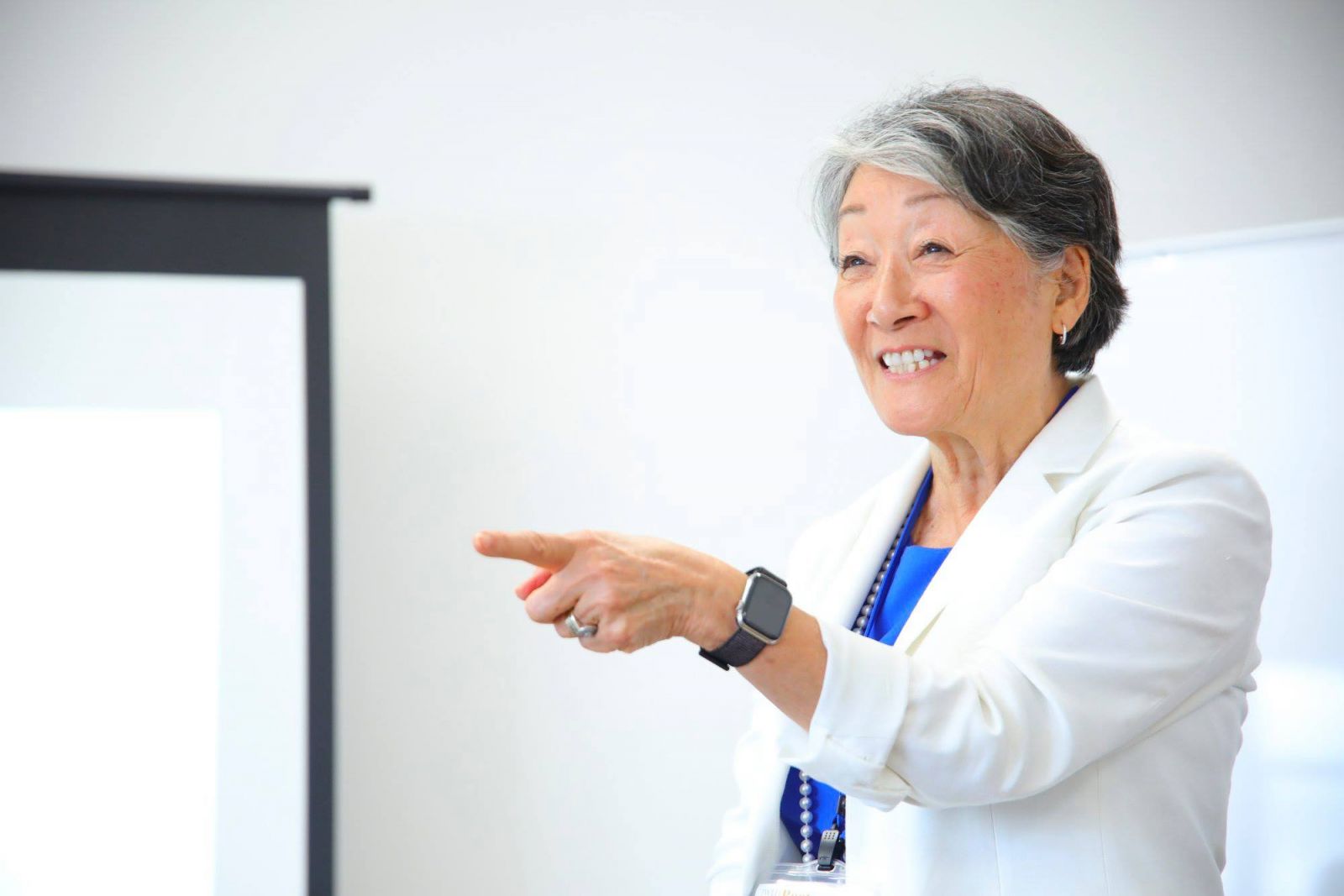After realising that Japanese women needed support systems and role models to become leaders, Atsuko Toko Fish decided to step up and help them become the change they need
I was shocked and confused when I entered a room full of women, all raising their hands and asking how to improve the status of women in Japan. This was in 2000, on a visit to Japan with the president of MSH, one of the largest NGOs in the US working in public health for developing countries. She was invited to speak about “The Independence and Public Health of Asian Women” at a symposium in Saitama. Although the focus was on women elsewhere in Asia, a number of audience members stood up and asked her to help women in Japan, saying, “What about our status?”
I had left Japan in 1979 and have lived in the U.S. since then. I was surprised to hear that there had been no progress made with regards to the status of women since I left Japan. I learned that, despite the fact that women were highly educated, they had few female role models and no systems to provide encouragement and support for women leaders.
And so in 2003 I organised a pilot programme meant to boost leadership among Japanese women. We named this program the Japanese Women’s Leadership Initiative (JWLI), with the mission of empowering “women leading social change in Japan.” We provide a safe and trustworthy community for our programme participants, where they can inspire each other to become better leaders. Over time, this community has evolved into the JWLI ecosystem, a unique community that is Japan's first and best support system for women leaders.
It was a completely different climate in the early 2000s. I visited many in the Japanese government, business, and nonprofit sectors, explaining the need for change in women’s leadership status and looking for supporters and partners. Mostly I was met with disinterested looks, no replies at all over email, or flat-out refusals at first meetings. There was almost no one interested in women’s leadership then.
And yet, armed with the strong belief that leadership opportunities for women were vitally important to the future of Japan, JWLI has expanded significantly under its own initiative over the last 20 years. We developed programmes such as the Champion of Change Japan Award, the JWLI Bootcamp, and the JWLI Scholarship. Over 150 women leaders have graduated from our programs, and they are the core of the JWLI ecosystem, a dynamic and interconnected network that collectively addresses long-standing social issues in Japan through collaboration and peer support. The impact of the collective voice and action of these women is sparking necessary changes in Japan.
